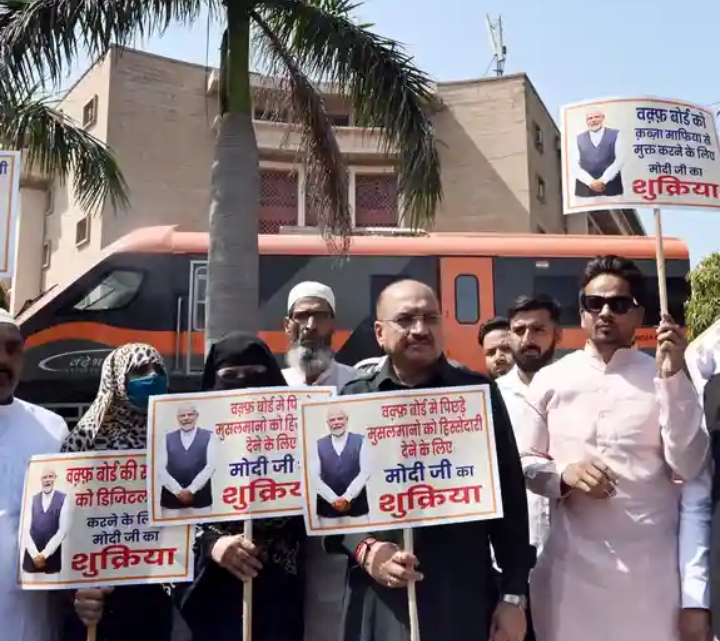India's lower house passed the Waqf (Amendment) Bill, 2025, allowing non-Muslims on waqf boards and granting the government control over land disputes. The bill aims to reduce corruption but faces opposition for being discriminatory and undermining minority rights.
India: Lower House Passes Controversial Bill on Muslim Land Governance


India’s lower house of parliament passed a contentious bill early Thursday that amends laws governing land donated by Muslims. These lands, which fall under the waqf category, are properties donated by Muslims for religious, educational, or charitable purposes. Once designated as waqf, these lands cannot be sold or transferred.
The Waqf (Amendment) Bill, 2025, introduced by Prime Minister Narendra Modi's government, permits non-Muslims to serve on the boards that govern these properties. The bill also empowers the government to determine the ownership of waqf land in the event of a dispute.
In the lower house, 288 members voted in favor of the bill after a 12-hour debate, while 232 members voted against it. The bill is currently being discussed in the upper house of parliament on Thursday. If it passes there, it will be sent to President Droupadi Murmu for her approval, which will make it law.
The government claims the bill’s changes are aimed at fighting corruption and mismanagement while promoting inclusivity. Kiren Rijiju, the Minister of Minority Affairs, who introduced the bill, defended the legislation, calling it "legal and constitutional." He urged that it be seen as "pro-Muslim reform."
Union Home Minister Amit Shah clarified that non-Muslim members would only oversee the administration of waqf properties, not religious matters.
However, the opposition, led by the Indian National Congress, has criticized the bill, calling it unconstitutional and discriminatory. They warned that it could be used to strip Muslims of their assets. Rahul Gandhi, Congress leader and leader of the opposition, took to X to express his concerns, calling the bill "a weapon aimed at marginalizing Muslims and usurping their personal laws and property rights."
Critics, including many Muslim groups, argue that the proposal is politically motivated, discriminatory, and an attempt by Modi’s Hindu nationalist ruling party to erode minority rights.
Waqfs are Islamic charitable foundations where donors permanently dedicate property, often real estate, for religious or charitable purposes. In India, waqf holdings include 872,000 properties spanning 405,000 hectares (1 million acres), with an estimated value of $14.22 billion (€12.95 billion). Both government and Muslim organizations estimate that more than 25 waqf boards are among India’s largest landowners.
Muslim groups are concerned that the new legislation could weaken control over waqf land, especially since Hindu nationalist groups have recently laid claim to several mosques, arguing that they were built over centuries-old Hindu temples.

 বাংলা
বাংলা  Spanish
Spanish  Arabic
Arabic  French
French  Chinese
Chinese 
